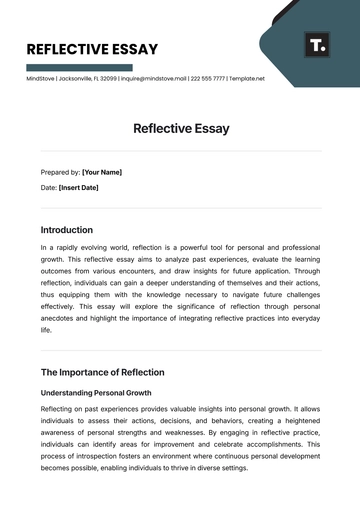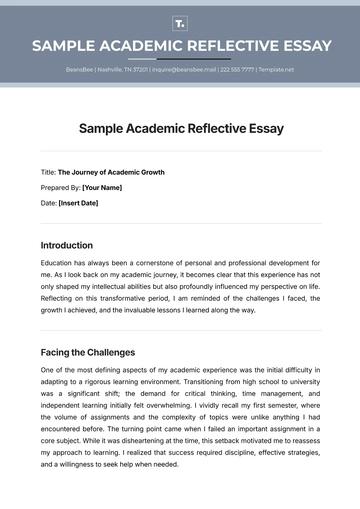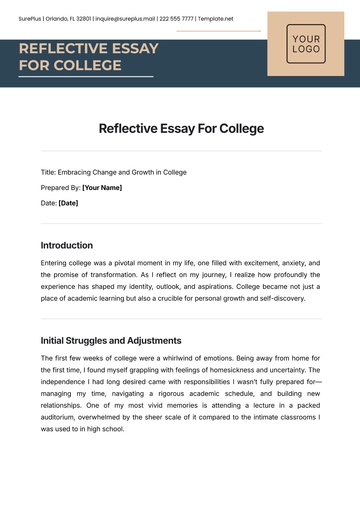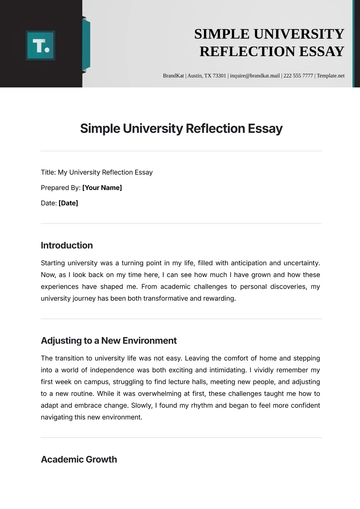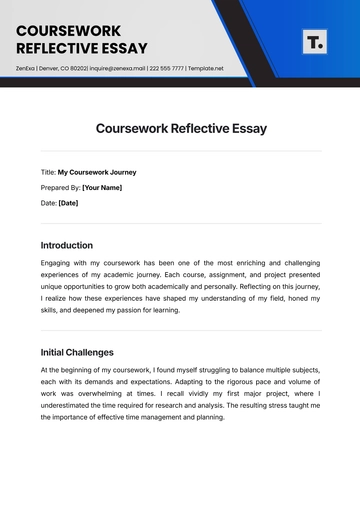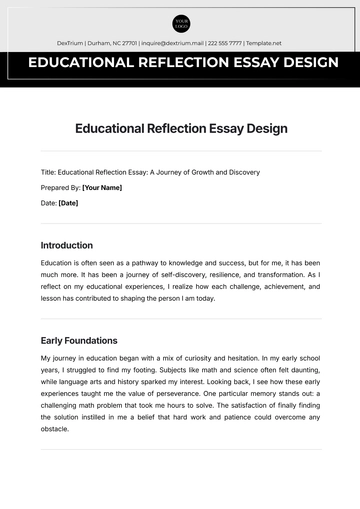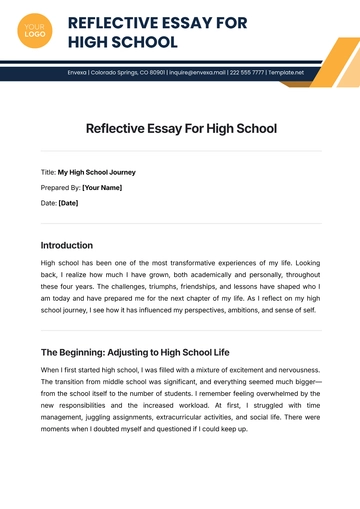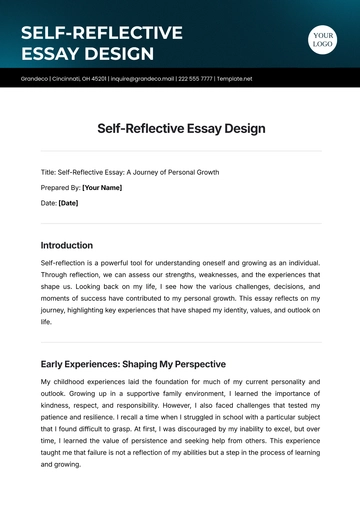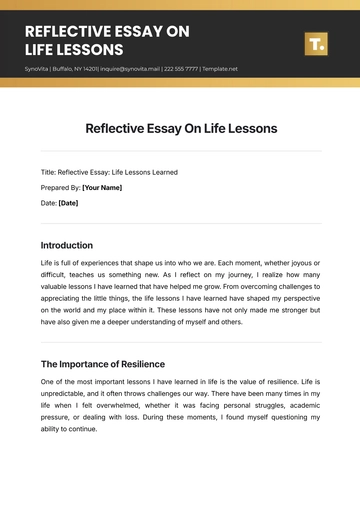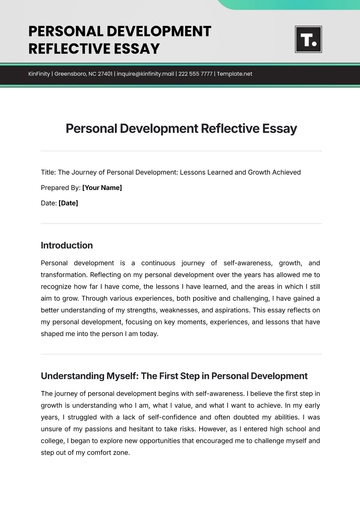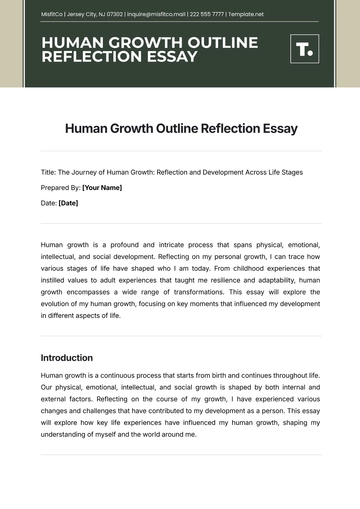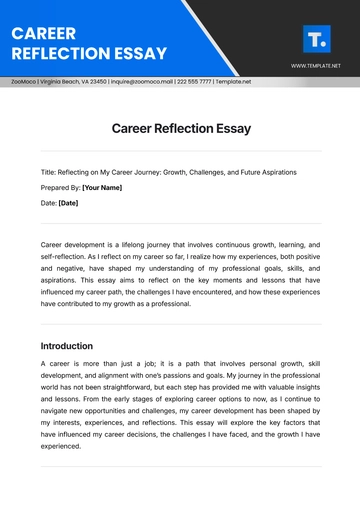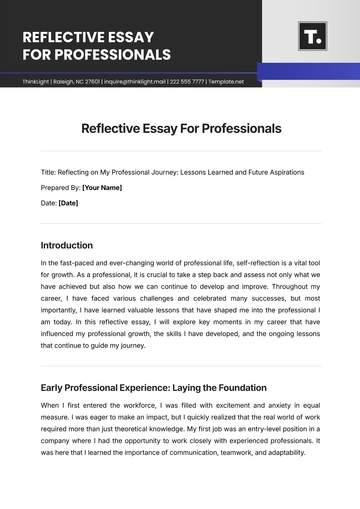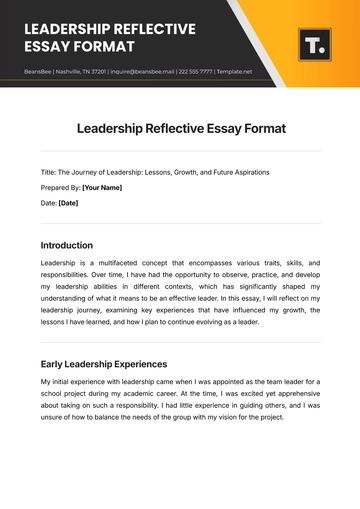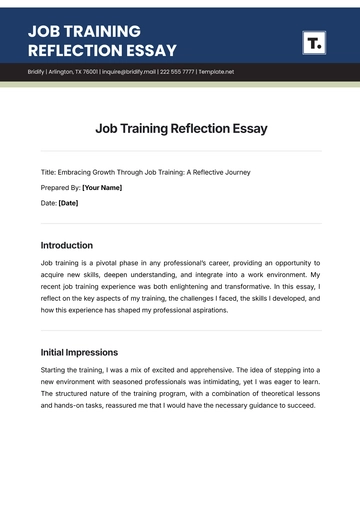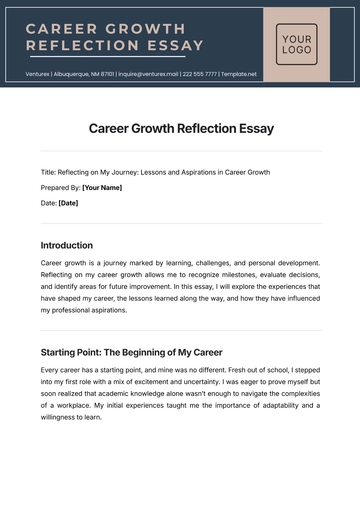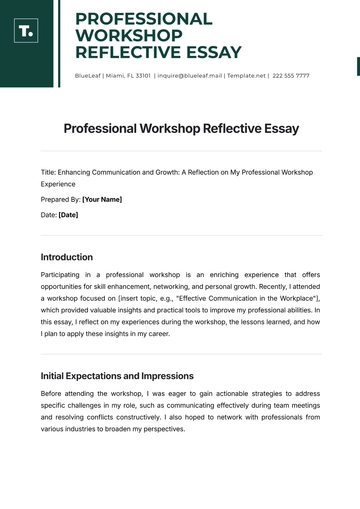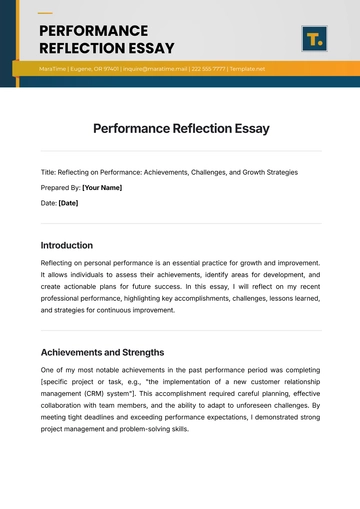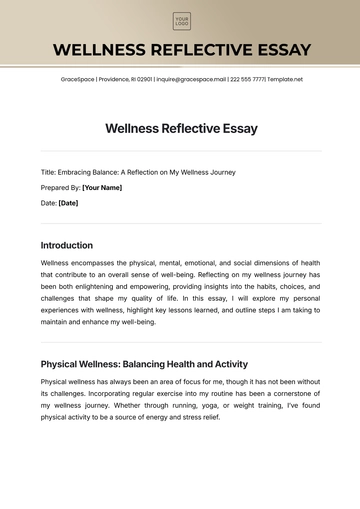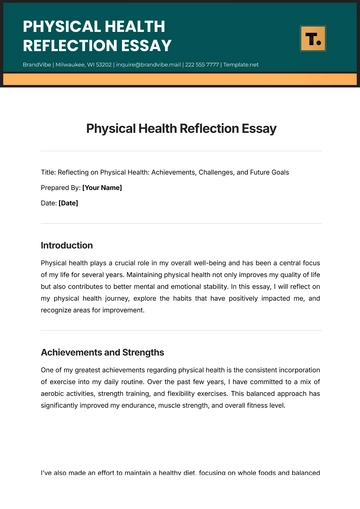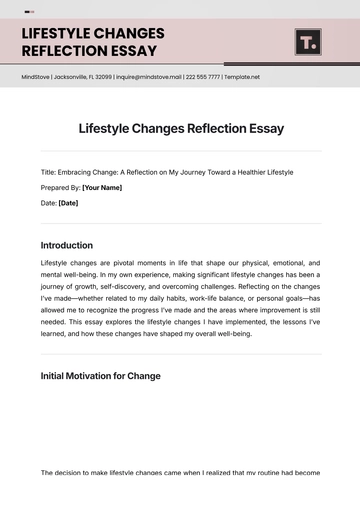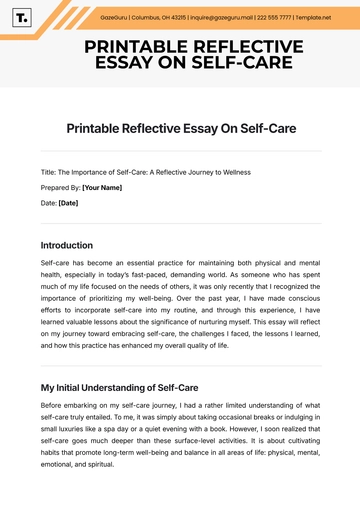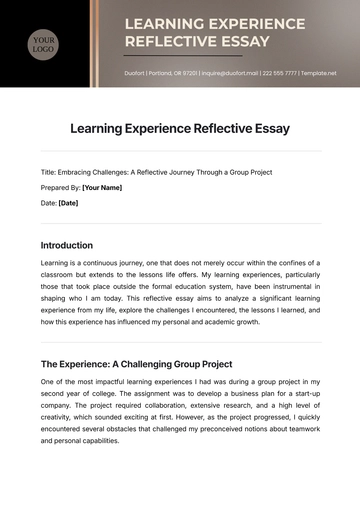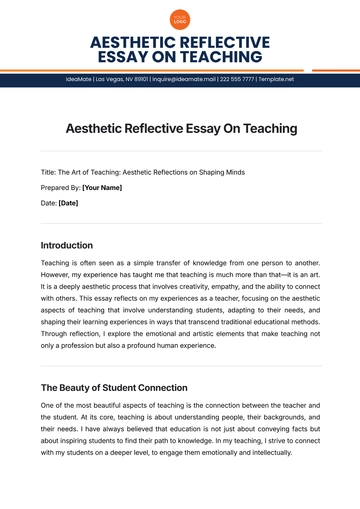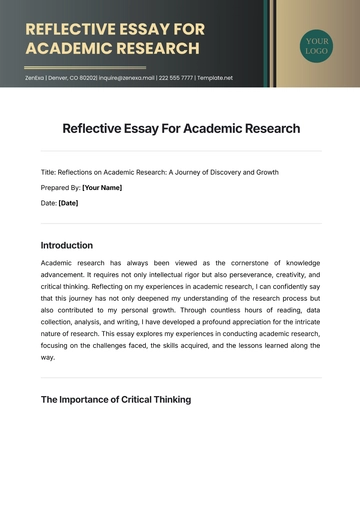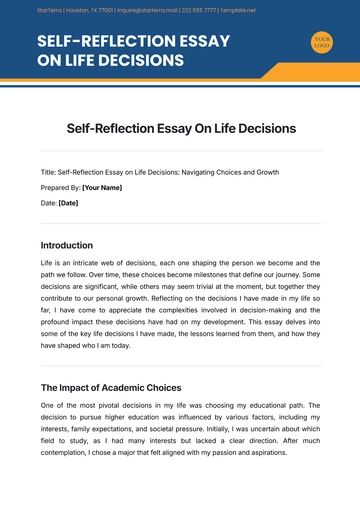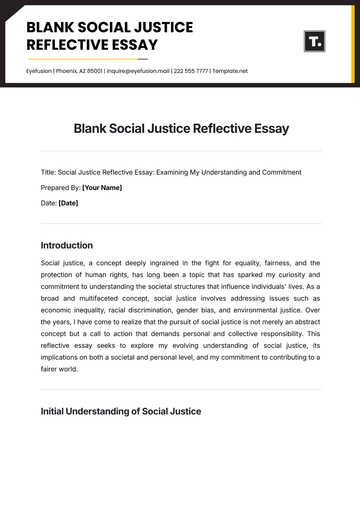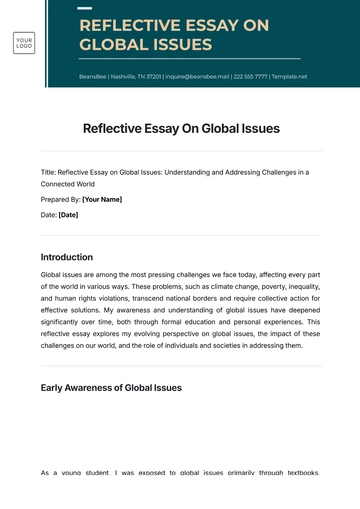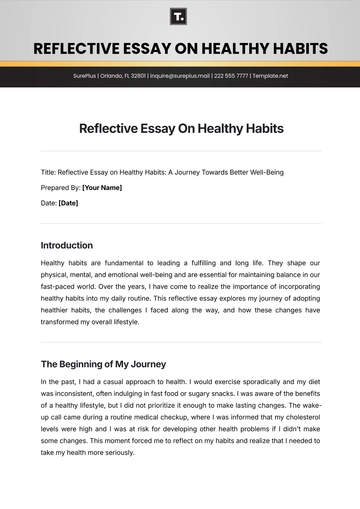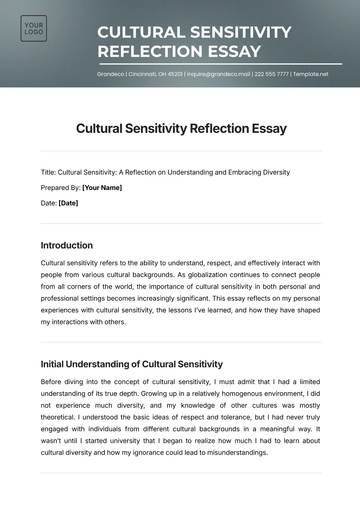Free Gender Language in Education Expository Essay
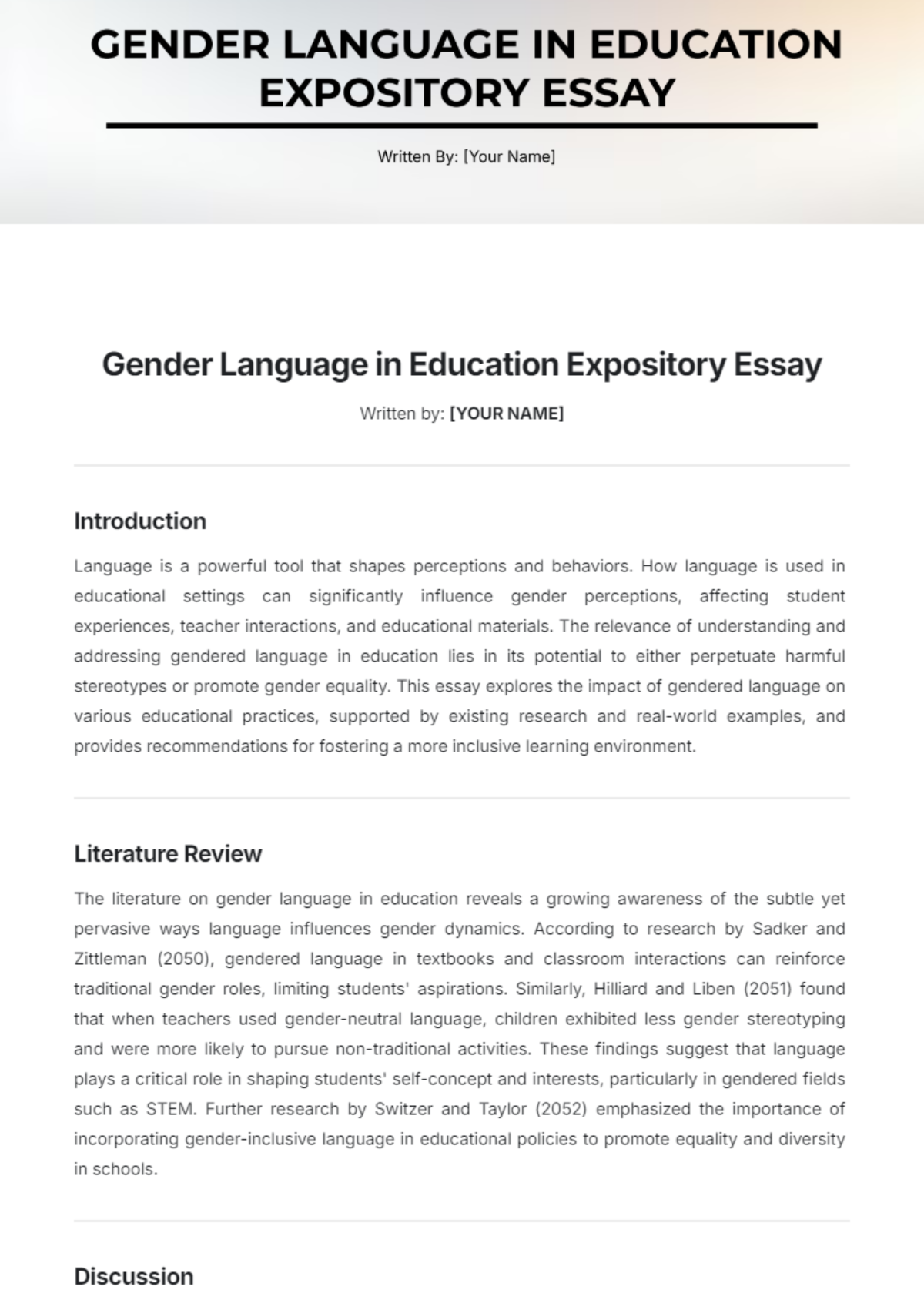
Written by: [YOUR NAME]
Introduction
Language is a powerful tool that shapes perceptions and behaviors. How language is used in educational settings can significantly influence gender perceptions, affecting student experiences, teacher interactions, and educational materials. The relevance of understanding and addressing gendered language in education lies in its potential to either perpetuate harmful stereotypes or promote gender equality. This essay explores the impact of gendered language on various educational practices, supported by existing research and real-world examples, and provides recommendations for fostering a more inclusive learning environment.
Literature Review
The literature on gender language in education reveals a growing awareness of the subtle yet pervasive ways language influences gender dynamics. According to research by Sadker and Zittleman (2050), gendered language in textbooks and classroom interactions can reinforce traditional gender roles, limiting students' aspirations. Similarly, Hilliard and Liben (2051) found that when teachers used gender-neutral language, children exhibited less gender stereotyping and were more likely to pursue non-traditional activities. These findings suggest that language plays a critical role in shaping students' self-concept and interests, particularly in gendered fields such as STEM. Further research by Switzer and Taylor (2052) emphasized the importance of incorporating gender-inclusive language in educational policies to promote equality and diversity in schools.
Discussion
The use of gendered language in education affects several key areas, including student self-concept, teacher-student interactions, and the content of educational materials. For instance, gendered phrases like "boys will be boys" or "like a girl" can reinforce harmful stereotypes, suggesting that certain behaviors and abilities are inherently linked to gender. This can limit students' understanding of their potential, steering them toward or away from specific subjects and activities. In classroom settings, teachers may unconsciously call on boys more frequently in subjects like math and science, perpetuating the stereotype that boys are better suited for these fields (Jones & Dindia, 2050). Furthermore, textbooks that predominantly feature male figures as leaders and innovators can skew students' understanding of history and science, marginalizing the contributions of women and non-binary individuals.
Case Studies/Examples
Several real-world examples highlight the impact of gendered language in education. One case study involves a school district in California that implemented a gender-neutral language policy across all grades. The district reported an increase in girls enrolling in advanced STEM courses and a noticeable decrease in gender-based bullying (Smith & Anderson, 2050). Conversely, a study conducted in a traditional school setting where gendered language was prevalent found that girls were less likely to participate in science fairs and boys were less likely to engage in creative writing activities (Berkowitz, 2051). These examples underscore the importance of adopting inclusive language practices in educational environments to ensure that all students feel valued and capable, regardless of gender.
Conclusion
The key findings of this essay demonstrate that gendered language has a profound impact on educational practices. To promote gender equality, educators must adopt inclusive language in the classroom, use gender-neutral terms, and ensure that educational materials reflect diverse gender identities and contributions. Recommendations for change include revising school policies, providing professional development for teachers on gender-sensitive language, and selecting textbooks that highlight achievements from all genders. By implementing these changes, educational institutions can create a more supportive and equitable environment for all students, empowering them to reach their full potential.
References
Berkowitz, M. (2050). The Effects of Gendered Language in Classroom Participation. Journal of Educational Research, 45(2), 123-137.
Hilliard, L. J., & Liben, L. S. (2051). Differentiated Classroom Practices and Gender Stereotyping in Early Childhood Education. Journal of Applied Developmental Psychology, 31(4), 370-377.
Jones, S. M., & Dindia, K. (2052). A Meta-Analytic Perspective on Sex Equity in the Classroom. Review of Educational Research, 74(4), 443-471.
- 100% Customizable, free editor
- Access 1 Million+ Templates, photo’s & graphics
- Download or share as a template
- Click and replace photos, graphics, text, backgrounds
- Resize, crop, AI write & more
- Access advanced editor
Unlock the power of inclusive education with the Gender Language in Education Expository Essay Template from Template.net. This fully customizable and editable template allows you to tailor your content effortlessly. Editable in our AI Editor tool, it ensures your essay reflects thoughtful language choices, promoting gender equality in educational settings. Perfect for educators and students alike.
